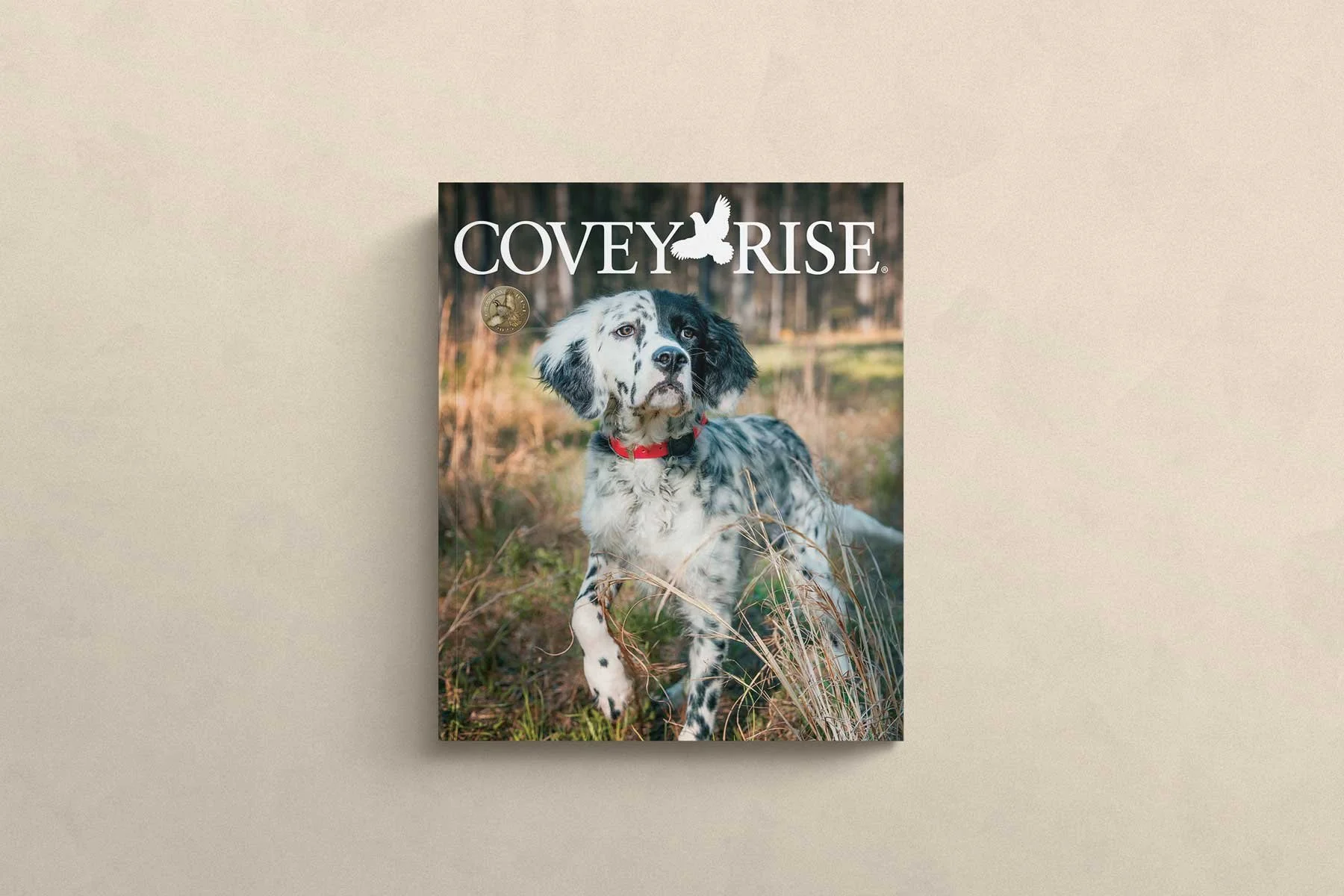Place
The New England town where I attended college was so small that its population doubled when school was in session, a detail made more remarkable for the fact that our student body totaled roughly seventy. In rural Vermont in the 90’s, farmers and loggers could still scratch out a living milking cows and cutting pulp, and as we students settled in beside our newfound neighbors, we fell into their rhythms: we woke to the sound of Burt Strong’s milking machine in the mornings, and we made our beer money hauling buckets of maple sap when winter gave way to spring. Unfailingly we filled the bleachers in the tiny high school gym and cheered for a basketball team that reliably failed to go over 500. The locals welcomed us with a sort of skeptical amusement, provided we were courteous, and deferential on the dirt roads during mud season. They were generous to us, and offered their meadows and cedar swamps, the politics they argued around the feed store coffeepot, and even a few of their trout and grouse.
I studied Natural Resource Management and Agriculture but learned far more about the marriage of people and place, colorful characters constructing their lives and their stories, all of which were revealed in greater relief because they were relatively few. I learned about first loves and chewing tobacco, how hardscrabble places grow people who, more often than not, overlook differences to help neighbors in need. After four years, the college somehow granted me a diploma, and I knew even then that the slip of paper did little to measure all I’d been taught and been given.
In that time, I became close with a fellow about twice my age who taught a few classes, farmed a bit, and spent an enviable amount of time in the woods and on the water. His name was Thomas Kittredge. He too was from away, but he’d stitched himself into the community, in large part because he understood that among those hills and woodlots and people was something of incalculable value. He had a young family, a bird dog named Finny, and a marriage that, over the time I knew him, fractured and broke up and went away, much like the river ice did each April. I remember when his wife packed up one morning and drove south out of state with the kids, proving ultimately that she’d never quite accepted the unspoken but gracious offer to become part of our community. Tom, like most of the other folks up there, just seemed confused; her leaving so effortlessly was an afront to the landscape we’d built proud lives upon, and to a people who’d offered their welcome with almost naive confidence that it would be received and reciprocated
Increasingly, Thomas started living in a deer camp he’d built near a beaver pond just south of Calderwood’s dairy. I’d go up there to check on him and to try to make sense of things, to offer recompense in the prospect of of all the fishing and hunting that might fill the space eft empty. We’d sit on the porch and look out at trout dimpling the pond’s surface, and we’d tell and retell stories to laugh at, even when the laughter took an effort that we were both unwilling to point out. Eventually Thomas would let slip something heavier, some recognition of the chance he’d been robbed of to plant a family tree in this place.
I remember one night when Autumn was close, and we’d lit a fire in the woodstove. A drink too many had made us both solemn, and the hint of cold reminded us that winter would soon arrive with the gray desperation that New Englanders work hard to disavow. Tom looked around his little camp and concluded that in the end all a guy really needed was a good fly rod, a two-barreled gun, a bird dog, and a canoe. I took this as a bit of melancholic prose from a guy who was hurting but unwilling to admit as much, who aspired to the stoicism of Hemingway or Jack London. I appreciated the sentiment, and agreed out loud even though I didn’t feel the same. Even as a college kid I knew that Tom didn’t think those material things would be his salvation, that instead he wanted to believe comfort would come from a whittling down to bare instruments of things which reliably availed him to joy. And I also knew that those things would not be enough. Which is why, when he too slipped quietly out of state a few years later, never to return, I wasn’t really surprised. I wasn’t even all that confused, just sad that a friend had gone, and that the potency of a small Vermont town couldn’t heal all the hurting, despite my wish that it could.
First Published in Covey Rise Magazine

